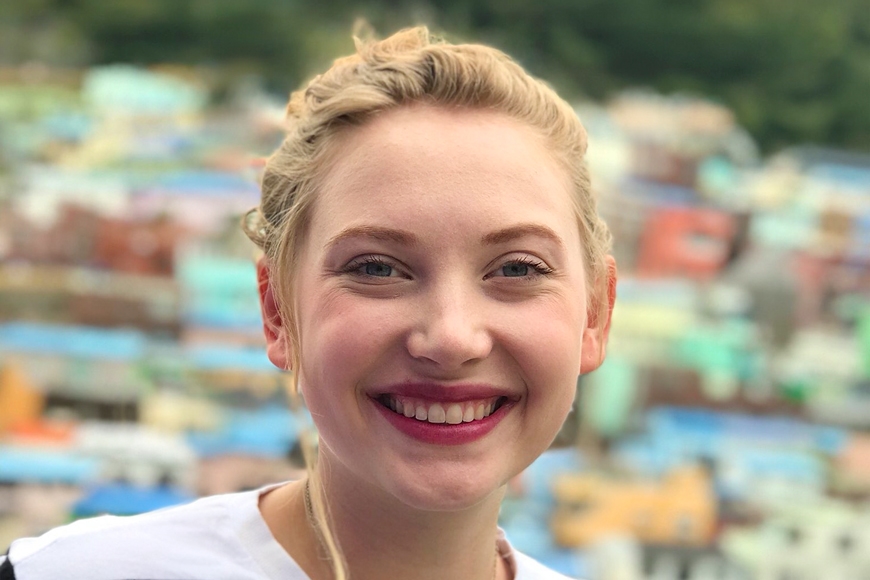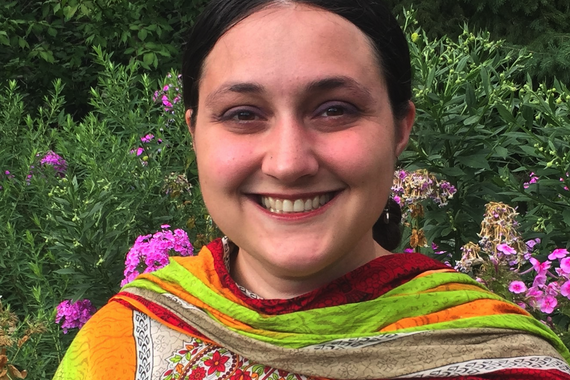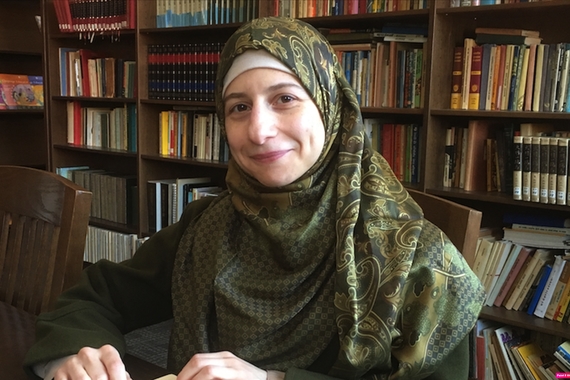Immersion Through Learning Abroad
Major: Bachelor of individualized studies in French, Spanish, and mass communication
Graduation Year: Spring 2019
What were your immersion experiences?
The first time I studied abroad was my second semester junior year of high school. I went to a small town next to Rennes, France, called Hédé-Bazouges for about five months, and I had been studying French for about four years before then. That international experience was what solidified my ambition to study as many languages as I could and to live abroad. Of course, as a socially awkward teen, the experience was, at times, absolutely embarrassing, but it was an overall amazing experience. Currently, I am learning abroad in Fez, Morocco studying French for the Spring 2018 semester.
I also went to Seoul in South Korea in fall 2017 for a semester. I didn’t get the language immersion I was hoping for because I was placed in the foreign student dorms instead of with a host family, but the cultural immersion was incredible. Everyone speaks English, but other than that, everything is rooted in the culture and it’s pretty vibrant. Overall, I did enjoy my time in South Korea, but I do think that my language acquisition was hindered by the isolation that the foreigner dorms/classes and that living with a host family would have been ideal.
What is something you found challenging about your immersion experiences?
The most challenging thing for me was trying to learn the language while not living with a host family. Because of my high school study abroad experience in France, the way that I always viewed study abroad experience was: when you want to become fluent in a language, you go study there and immerse yourself.
During my time in Korea, I realized that immersion comes in many different levels. In France, I was 16 years old and I was dropped into a host family in a tiny town where no one spoke English. In Korea, I had a much lower level of immersion, linguistically. I had to really push myself to keep studying the language as before I just allowed the language and the culture to wash over me.
How do you apply your immersion experiences to your everyday activities and/or studies?
Working in journalism, it makes it easier for me to interview subjects who are French and Spanish speakers. I can definitely interview in French. I’ve been trying to interview in Spanish, but I need to work on that more before I can actually apply that in my work. If I can interview someone in their native language without a middleman, it's always better for the article and for representing that interview subject. If you don’t know what word a subject is emphasizing or the emotions they are putting behind their words, you’re not getting the full truth, and journalism is all about finding the full truth.
In what ways have your immersion experiences prepared you for where you want to go and what you want to do next?
I want to go into international journalism and be a foreign correspondent, so learning other languages is essentially what makes it all possible. They can’t station me in Paris, Barcelona, or Seoul if I can’t talk with anyone there. It also prepared me mentally. It doesn’t matter how much I want to be a foreign correspondent in Fez (where I’m learning abroad this spring); if I haven’t ever studied abroad, I wouldn’t be able to do it. I’ve lived away from home, and I’ve lived in a different state. It’s not same as knowing how to get by on your own in a completely different culture.
This story was written by an undergraduate student account executive in CLAgency. Meet the team.


